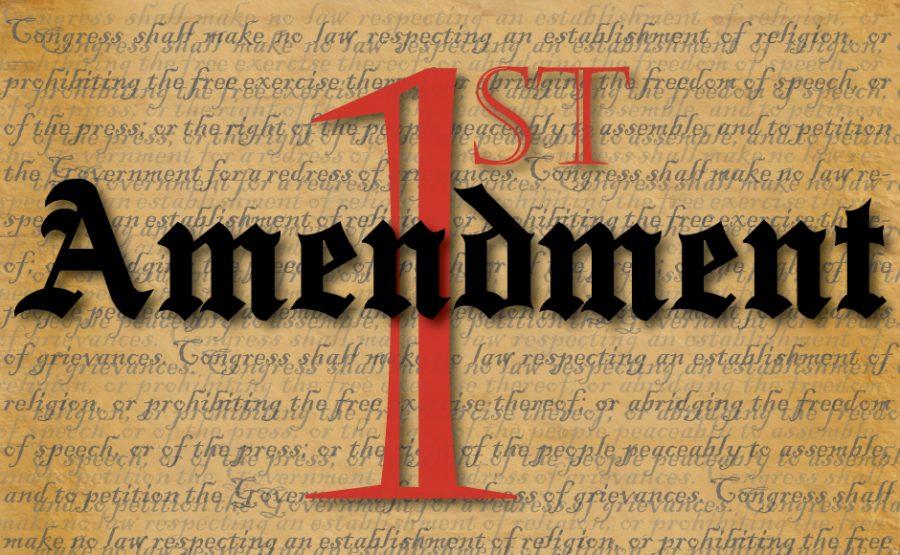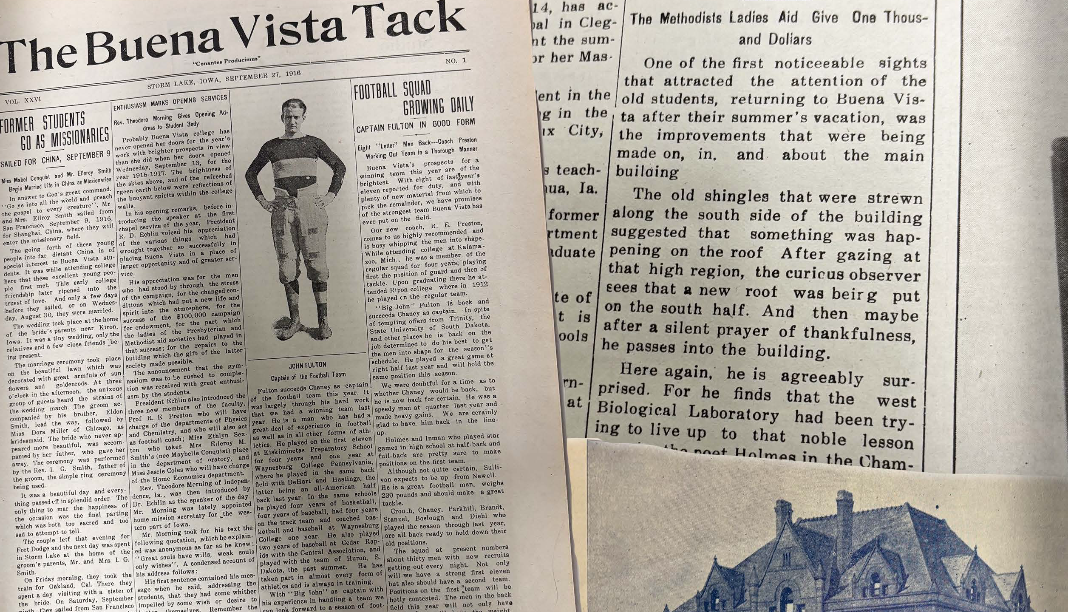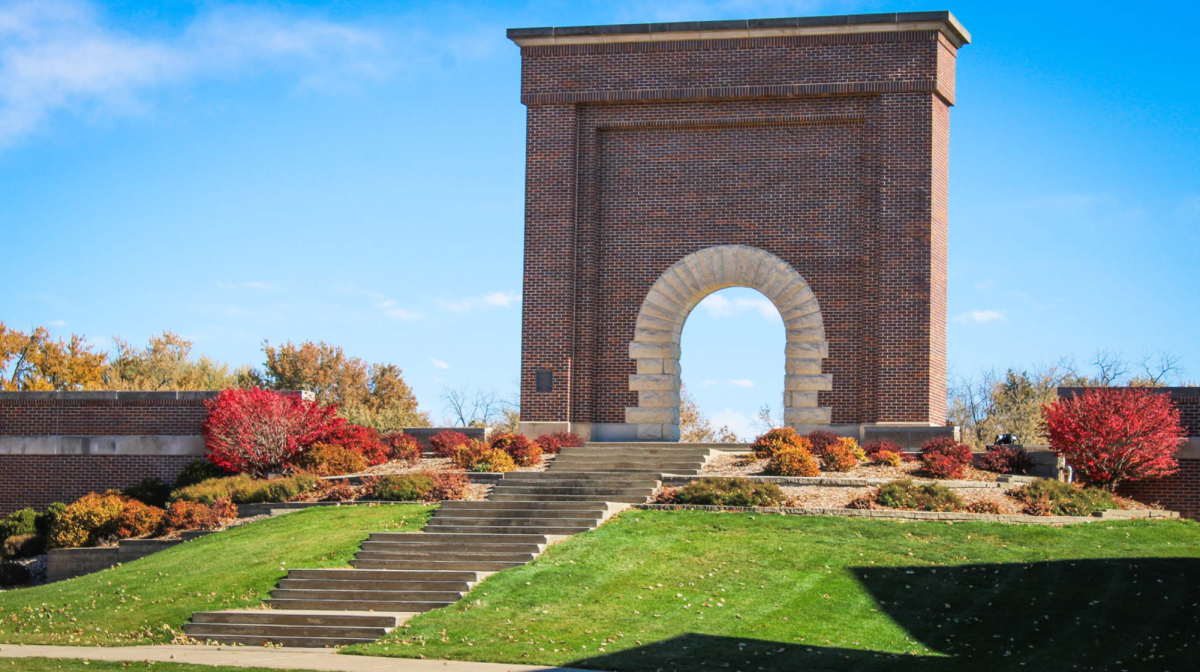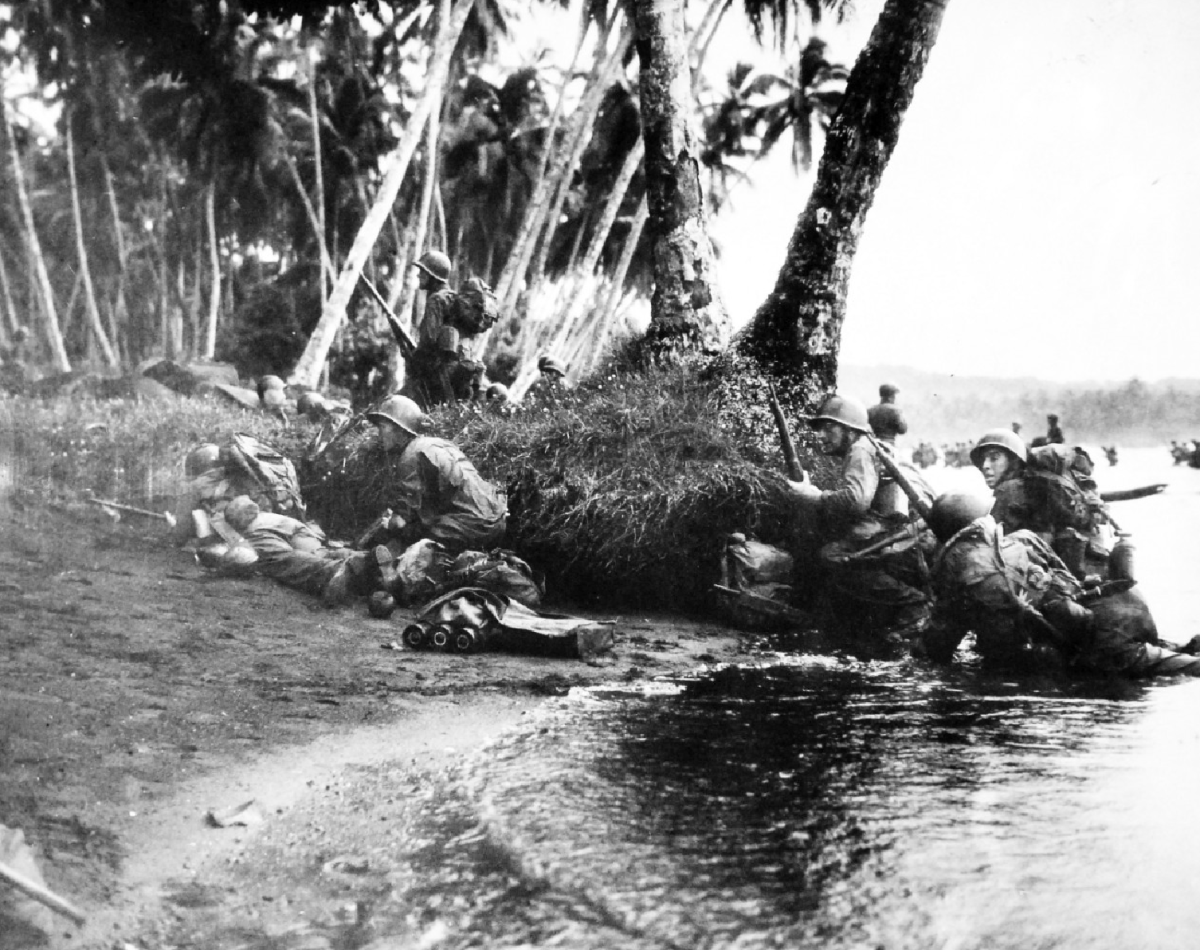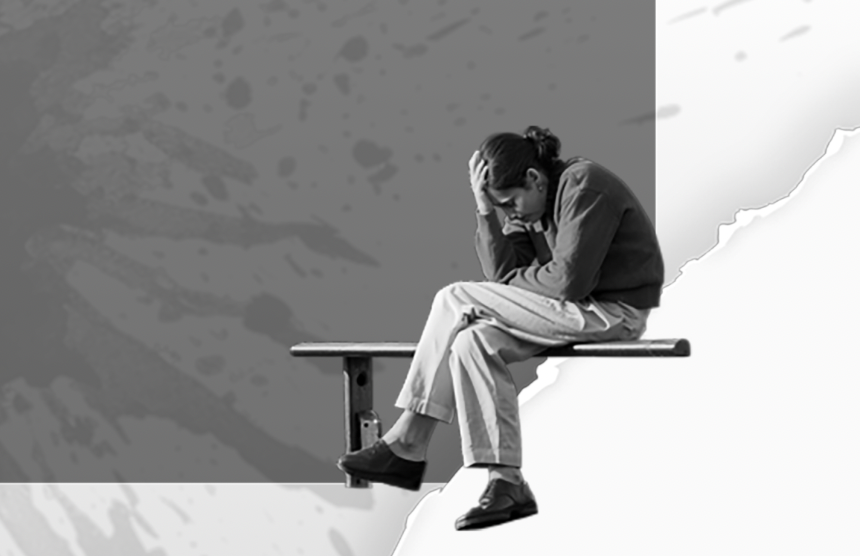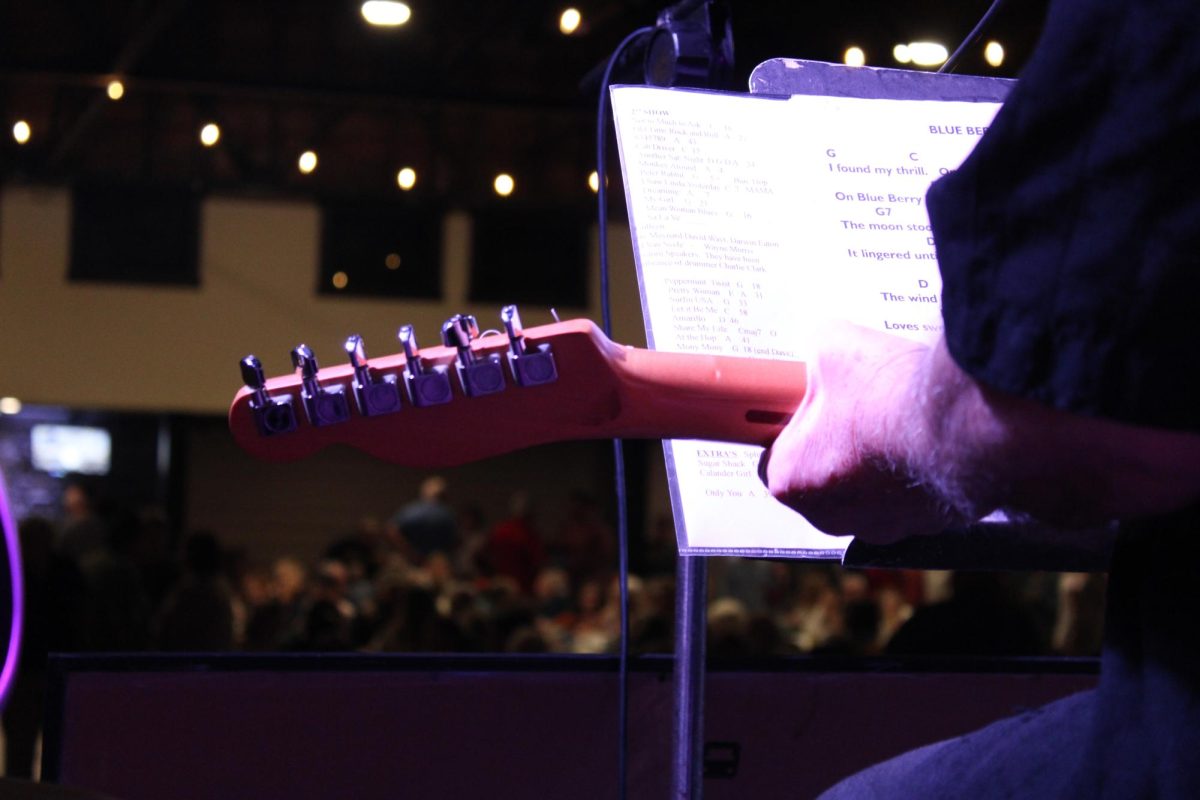Many countries throughout the world such as Ireland, Germany, South Korea, Russia, China, and North Korea have or have had a very tight hold on their press in several ways. The World Press Freedom Index ranks the United States 55 out of 180 in the world press freedom index. Ireland ranks 8 out of 180, Germany ranks 10 out of 180, South Korea ranks 62 out of 180, Russia ranks 162 out of 180, China ranks 172 out of 180, and North Korea ranks 177 out of 180.
The United States is extremely fortunate to have freedom of the press explicitly stated within its Constitution in the First Amendment compared to that of other countries.
“I think we are very lucky in the U.S. that freedom of the press, since it is in the First Amendment, you know it is a big priority, and I think it also has kind of maybe set the tone for that standard in a lot of other Democratic countries,” said General Assignment Reporter for the Storm Lake Times Pilot, Madeline Combs.
According to FREEDOM FORUM, “Americans’ recognition of freedom of press as a First Amendment right dropped to 57%, a 15% decrease from 2020.” Sean Stevens, Chief Research Advisor, wrote in FIRE, “18% of males named freedom of the press compared to 12% of females.”
These dire statistics are a big problem involving the understanding of the First Amendment and how it contributes to the press.
“That’s I think concerning. How we got there I don’t know, I wouldn’t know exactly what would drive people’s awareness of the location of freedom of the press in the Constitution’s First Amendment, apart from some kind of decline in the quality or of the focus of civic education or in a decline of the intentionality of high school education in the area of America constitutional government,” said BVU Professor of Political Science, Dr. Bradley Best.
Other countries such as China and North Korea do not have access to these freedoms and can suffer due to their absence.
“You think of China you think of Russia where it’s government controlled, and you know you can’t speak badly about the country and just what it means to be a journalist is way different and the rules you have to follow are so much stricter and there’s more, and it’s just so much more restricted as opposed to any journalist here,” said Combs.
According to REPORTERS WITHOUT BORDERS, “Five key repressive tactics highlight the critical dangers to press freedom in China.” These include journalists being killed or not treated well, journalists are jailed, journalists are harassed and watched, foreign journalists are excluded, and China will go after journalists not in or from China. “Since Xi Jinping came to power in 2012, he has reinstated a media culture reminiscent of the Maoist era, where seeking information or sharing it freely is a crime.”
“It’s what despotic rule or the rule of a despot is all about, it’s keeping people isolated from one another, keeping them from communicating with one another on public matters, and as a result you prevent them from organizing, you prevent them from aggregating their individual power if you shut down the press,” said Best.
According to BBC NEWS, “Media within North Korea – known officially as the Democratic People’s Republic of Korea - are among the most tightly controlled in the world, and fall under the governance of the Korean Workers’ Party or, according to some – until his death – the “Dear Leader” Kim Jong-il himself.” There is no reporting done on any problems or people just on good things and advances. This makes it so their press is very controlled and biased.
“The whole view of journalism and journalists is to tell people what they have the right to know and sometimes that means you have to share info that someone else doesn’t want out there but it’s necessary because everyone has the right and deserves to know that information,” said Combs.



